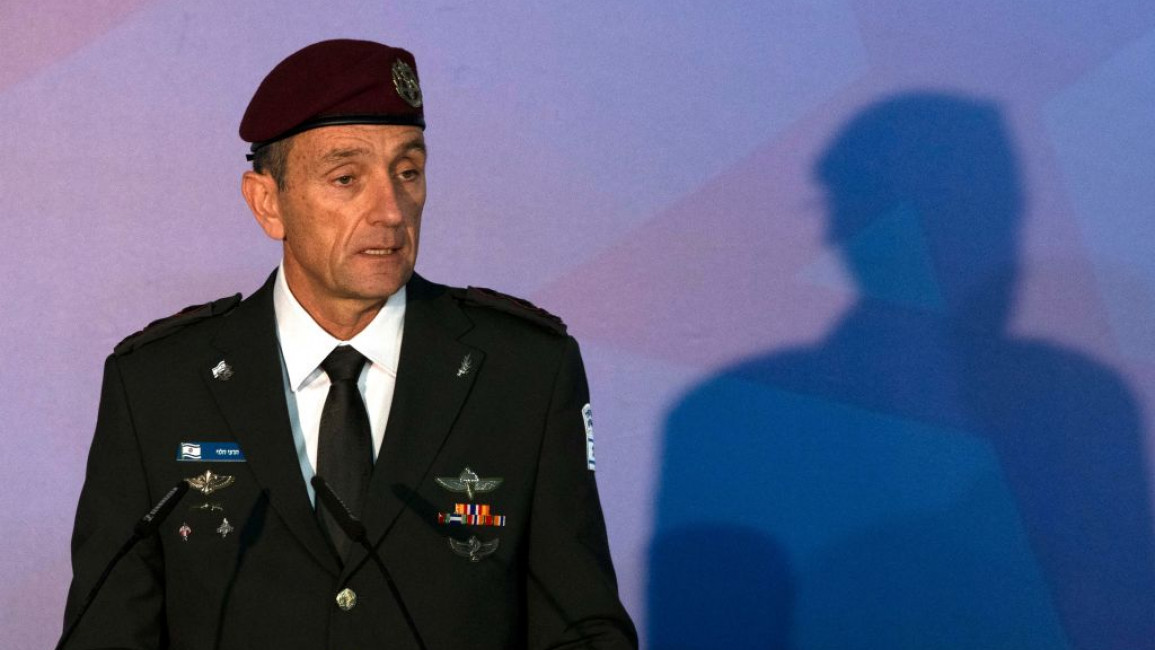With far-right in government, Israel vows to protect army from politics
Israeli leaders vowed on Monday to keep the country's conscript military free of politics after Prime Minister Benjamin Netanyahu gave far-right coalition partners increased control over security forces and illegal settlements in the occupied West Bank.
While Netanyahu's right-wing Likud party retained the defence ministry, which runs the authority that coordinates policy in the West Bank, it ceded some settlement policymaking to far-right politician Bezalel Smotrich.
Ultranationalist Itamar Ben-Gvir commands Israel's militarised border police as national security minister.
The coalition makeup has raised questions about authority over a military that is designed in part to serve as a melting pot for a fractious Israeli society, as well as how it will handle the illegally occupied Palestinian territory.
"I will ensure that outside pressures – political, legal and others – stop with me and do not reach the gates of the IDF," Defence Minister Yoav Galant said, using an acronym that refers to the Israeli army at the appointment ceremony for the new top general, Herzi Halevi.
Halevi, who though raised in a Jewish religious-nationalist home has avoided public displays of piety or politics, said: "We will preserve one IDF – purposeful, principled and professional, shorn of any consideration that is not related to defence."
There have been 14 Palestinians killed in the West Bank since the start of the year, the majority shot dead by Israeli forces, according to an AFP tally.
Nearly 150 Palestinians were killed by Israeli fire in the West Bank and East Jerusalem in 2022, Israeli rights group B'Tselem reported, making last year the deadliest since 2004.
(Reuters, AFP, AP)



